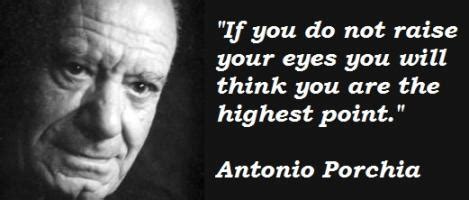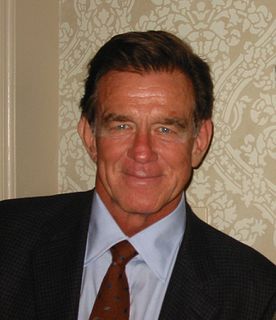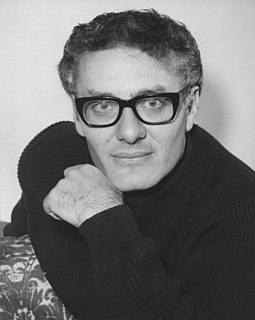A Quote by Antonio Porchia
Related Quotes
Intuitive cognition of a thing is cognition that enables us to know whether the thing exists or does not exist, in such a way that, if the thing exists, then the intellect immediately judges that it exists and evidently knows that it exists, unless the judgment happens to be impeded through the imperfection of this cognition.







































